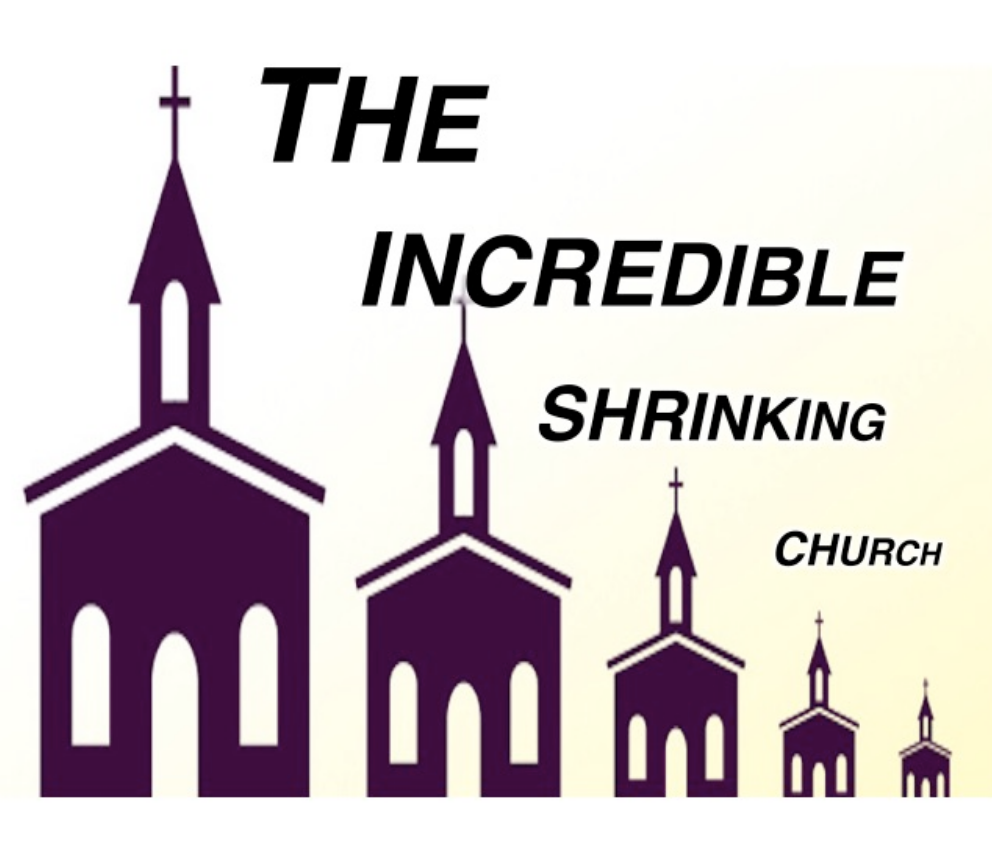The journalism nightmare begins with an email, a text or, in the old days, a telephone call or a photocopy of a document in the mail.
Sources may or may not demand to remain anonymous. They want your newsroom to dive into a controversy that — in most cases — involves money, sex, power and what violations of religious law, criminal laws or both.
The source has tons of information on one side of a conflict that has two sides, or more. There is no way to write the story without multiple voices speaking — but only one side will talk. Nine times out of 10, there are legitimate issues of confidentiality, often legalities linked to counseling or medical care.
The reporter describes all of this to an editor. It’s clear this story will require untold hours of research (money, in newsroom terms) and, if the story ever pans out, the result will be long and complicated. The editor’s eyes glaze over. The question: Why is this story worth the time, money and effort?
I got one of those calls, long ago, about the sex life and financial times of PTL’s Jim Bakker. Eventually Charlotte Observer editors passed, pulling me off that lead. I left and, years later, a great reporter (see the essential Charles E. Shepard book) pulled the evolving threads together for a Pulitzer.
I cannot imagine how many emails and calls Robert Downen and Houston Chronicle reporters fielded before being allowed to dig into years of sexual abuse in the Southern Baptist Convention. I’m waiting for the book.
All of this is a long introduction to the challenges that, I suspect, loom over this double-decker Religion News Service headline:
Why the largest US Lutheran denomination apologized to a Latino congregation
It’s been a ‘perfect storm’ of charismatic personalities and a heightened awareness of racism, all brewing in one of the country’s whitest denominations
But the story doesn’t open with issues linked to race.
What we see in this unbelievably complicated story is a head-on collision between key elements of postmodern theories about “intersectionality.” Think race, sex, gender, economics and the demographic realities facing the declining world of oldline liberal Protestantism.










